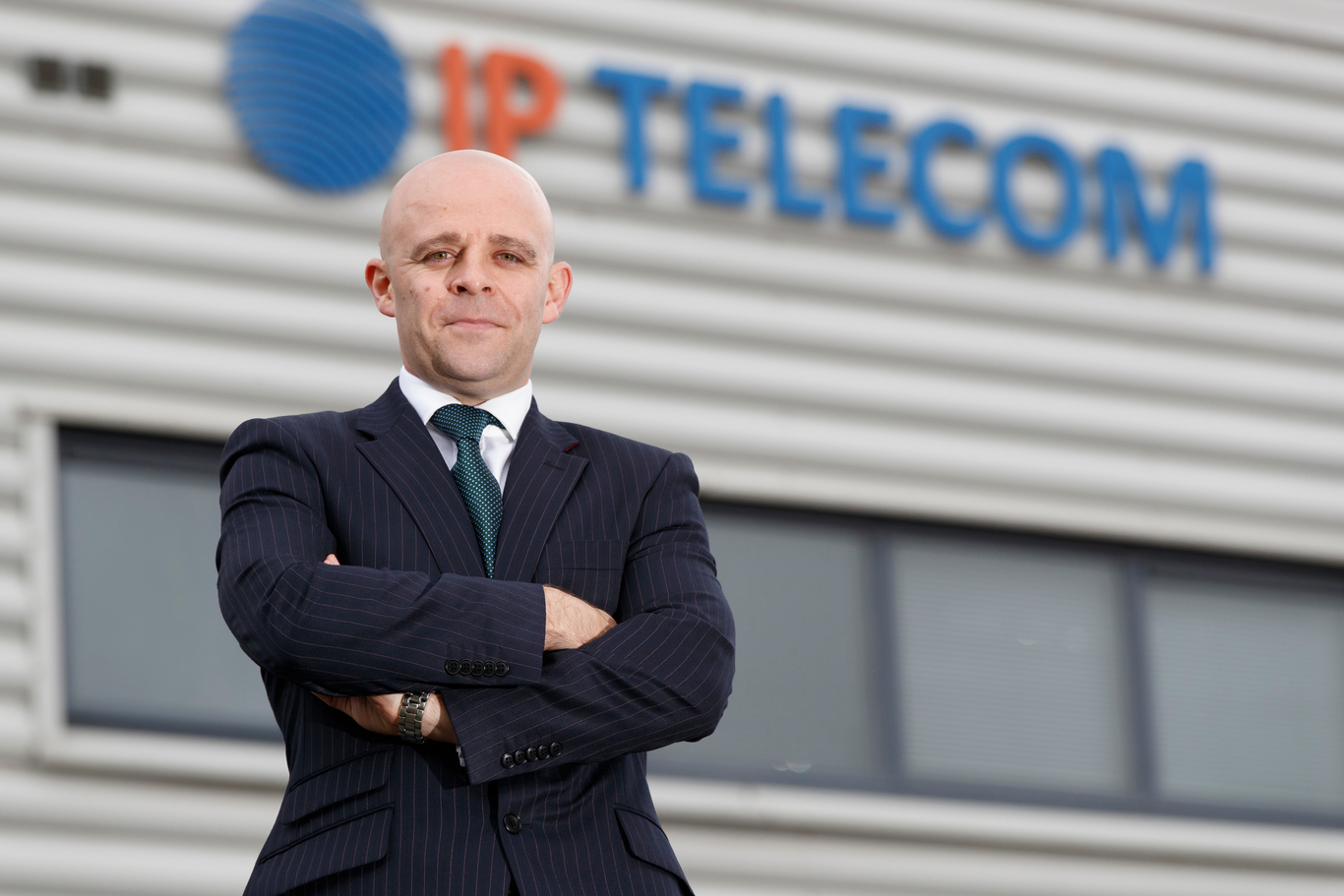How to partner with other businesses without wrecking your reputation
This company director delivers a masterclass in joining forces with other SMEs.
CHOOSING A STRATEGIC partner is a bit like finding a company co-founder – it’s a decision that should never be taken lightly.
If you don’t already know, a strategic partnership is when two similar businesses join forces to share physical or intellectual property as they work towards a series of common goals.
There are a number of benefits to entering such an agreement, namely a quick route to market. If you can find the right company to partner with, you can quickly gain access to revenue in geographic areas or industries in which you don’t currently have a presence.
The smaller partner can also lean on the more established brand and gain credibility, which helps generate additional sales for them in the long run.
IP Telecom – which provides telephony services using internet technology – has signed such deals with about 30 different outfits. More than half of our annual sales are now channeled through those agreements.
With that in mind, here’s a taste of what we’ve learned from building business through strategic partnerships:
 Anthony Tattan
Anthony Tattan
Company culture
We’re at the stage now where companies tend to approach us with potential partnership deals, rather than the other way round.
Not everybody’s going to be a premium standard partner like Goldstar Telecom or Radius Telecom are for us. Over the last 18 months, we’ve had to turn away a number of potential partners for a myriad of reasons. They just weren’t suitable.
When we’re sizing up a possible partner, we ask them to complete an application form. We look at a number of factors that will help us decide whether the deal is worth pursuing or not.
Obviously, we look at how much additional revenue we could generate through the agreement and if our future goals are aligned with our partner’s targets.
They must also have a significant customer base. There is a critical mass point that a partner needs to achieve for a partnership to be worthwhile – the cost for IP Telecom to send staff to train a reseller that only has a handful of customers just doesn’t make sense.
 Tattan (right) with GoldStar Telecom CEO Liam Tracey
Tattan (right) with GoldStar Telecom CEO Liam Tracey
It’s also important for us is that we’re entering into an exclusive partnership, so that’s included in the agreement.
The reason we do that is because we invest heavily in our channels to make sure we can fund our own sales and marketing activity as well as pass on opportunities that may suit our partners’ needs.
But perhaps the most important factor for us is whether the other company’s culture is a good fit with ours.
Ethics
We’re mostly concerned about ethics and integrity and how the partner treats their staff and customers – we work collectively with our partners, so their customers are ours too.
Some might dismiss that as hyperbole, but if staff and management on both sides can’t work together, the partnership will surely fail.
And if you enter into a bad partnership, it can cause major reputational damage to your own brand.
Onboarding a partner takes about three weeks between signing off documentation and getting all the ducks in a row.
But the entire strategic partnership process – from the moment you first press palms to the day you send off a press release – takes at least three months.
During the final leg of that three-month period, we’ll deploy training managers to make sure the partner’s staff are fully trained in our products and services.
That gives us the opportunity to spend time on-site in our partner’s offices and get a feel for how their workers are treated on the ground.
Keep in contact
The goals we set out at the start of the agreement are spread across an 18- to 36-month plan.
We use that as a metric to measure the success of a partnership and we can keep a close eye on how each side is progressing.
It’s important to remember that a partnership isn’t a one-way thing – it has to work both ways.
When we’ve found a strong partner, it’s critical that we keep in contact with them on a regular basis. That helps maintain confidence levels on both sides.
Anthony Tattan is commercial director of IP Telecom. This article was written in conversation with Conor McMahon as part of a series of masterclasses with some of Ireland’s most influential business people.
If you want to share your opinion, advice or story, email opinion@fora.ie.






